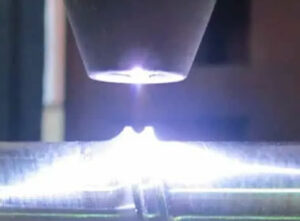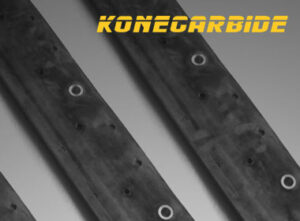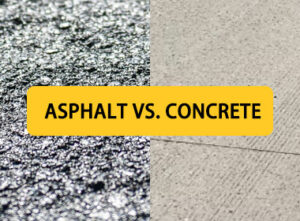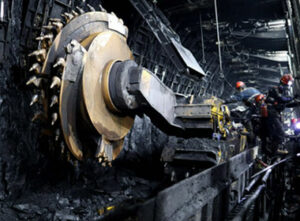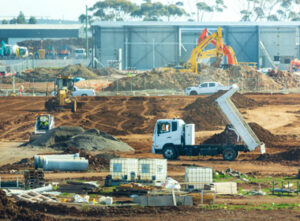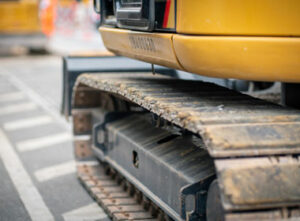Mulching is an efficient process in land clearing, forestry management, site preparation, and other projects. During this process, a mulching attachment plays a vital role, which is called a mulcher. When selecting the right mulcher for your job, there are two types available: drum mulchers and disc mulchers. What are the differences? Which one is better? What are their advantages and disadvantages? More questions may pop into your mind. Today, let’s explore this topic: drum mulcher vs. disc mulcher, and determine which one is perfect for your project.
Drum mulchers
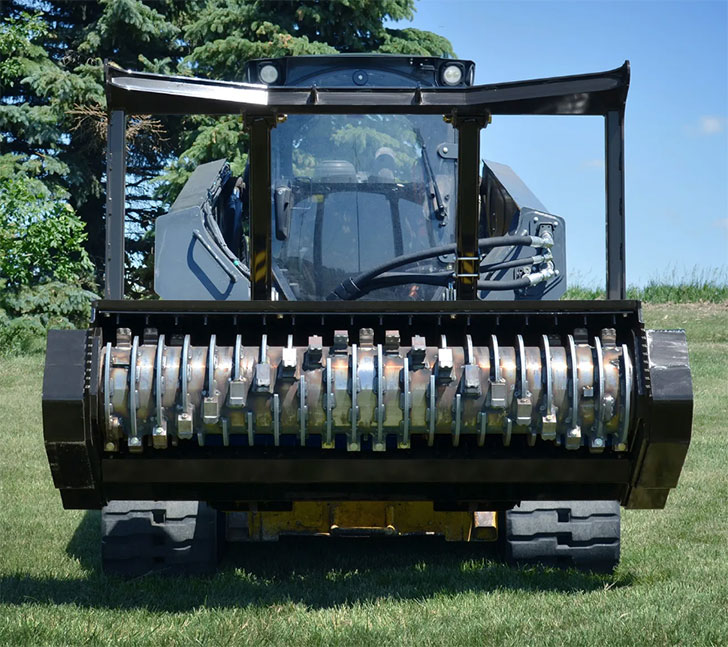
(Image Source: diamondmowers.com)
A drum mulcher is a cylinder-shaped attachment that shreds trees by rotating. Generally, the size of a drum mulcher is 13 inches in diameter and 60 inches in width, but it may vary according to the equipment model. Drum mulching attachments are equipped with about 40 mulcher teeth, made from hardened steel or tungsten carbide. These mulcher teeth are replaceable. When they are worn or damaged, you can change new teeth for your mulcher.
KoneCarbide is a reliable supplier of outperformed mulcher teeth. Contact us today if you are looking for a quality supplier!
Drum mulchers work more slowly than disc mulchers, but result in better performance. Materials that are shredded are premium and fine. Due to its large size, a drum mulcher requires high hydraulic power during operation.
A drum mulcher is relatively easier to operate and features excellent visibility compared to a disc mulcher. Besides, when it comes to cutting stumps that are below the ground level, a drum mulcher is recommended.
Disc mulchers
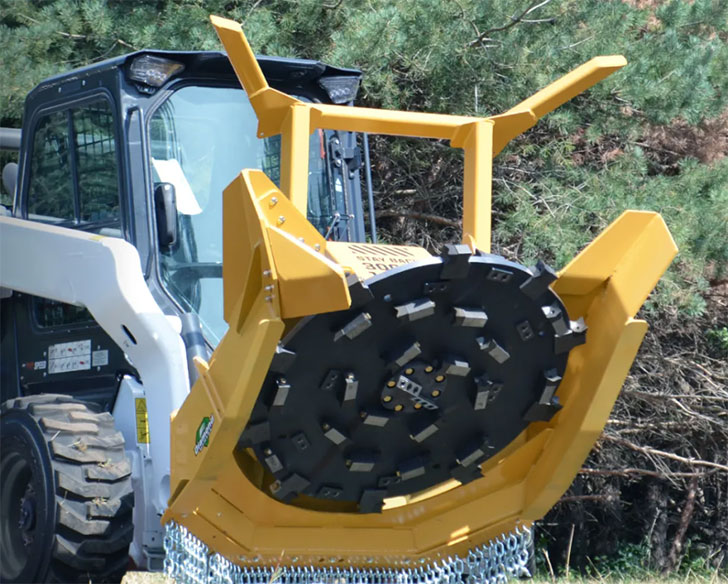
(Image Source: diamondmowers.com)
As you can see from the picture, a disc mulcher is a large round disc, equipped with many cutting teeth. It is powered by a hydraulic piston motor, the same as a drum mulcher. Disc mulchers can cut materials at a faster speed than drum mulchers, but sacrifice quality and fine finish. So, if there are a large number of trees requiring mulching, a disc mulcher is a better choice.
Since a disc mulcher is designed to operate horizontally, it creates much flying debris during the mulching process. To solve this problem, a deflector is usually installed under the deck to prevent the cut mulch from flying out.
One outstanding feature of a disc mulcher is that it is capable of storing energy. During operation, this energy can work with its hydraulic horsepower, resulting in extremely high efficiency.
Drum mulcher vs. disc mulcher
Now that we’ve covered the basics of drum and disc mulchers, it’s time to get into the differences. This will help you determine which skid steer attachment is the way to go. So, let’s take a closer look at some of the key factors to consider and figure out which mulcher is the best fit for your needs.
Cost: Disc mulchers are less expensive than drum mulchers. However, when considering the cost, it is crucial to take into account both functionality and price. It is advisable to make sure what your requirements are in advance.
Mechanism: Drum mulchers use a slicing and shredding action to mulch vegetation. The teeth or blades on the drum rotate at a high speed, cutting and reducing the vegetation into smaller pieces. On the other hand, disc mulchers rely on a grinding action. The cutting tools or teeth on the disc spin rapidly, grinding and mulching the vegetation as they make contact.
Speed: Disc mulchers offer high speed, and high productivity and do not hinder field operations. This is partially due to the weight and size of the disc mulcher attachment, which helps maintain momentum when tackling tree and brush removal and mulching tasks.
Finish: A drum mulcher is designed to achieve a mulch finish with fine wood chips. So, if you plan to sell the mulch directly, a drum mulch is your choice. However, using a disc mulcher to produce a nice finish, would require multiple passes, leading to low productivity.
Power: Disc mulchers generally offer higher cutting power compared to drum mulchers. The spinning disc with sharp cutting tools can effectively tackle thicker and denser vegetation. Drum mulchers, while versatile, may be less effective on extremely dense or tough vegetation.
Versatility: Drum mulchers are generally more versatile than disc mulchers. They can handle a wide range of vegetation types and are particularly advantageous in dense areas. Disc mulchers, while powerful, maybe more specialized for heavier vegetation and may not perform as well on lighter brush or grass. Moreover, drum mulchers typically provide better operator visibility since there are no obstructions hindering the view. However, this may not always be the case with disc mulchers.
Safety: As we mentioned above, disc mulchers tend to throw mulch in a wider radius compared to drum mulchers. In contrast, drum mulchers operate in a more controlled way, thus being safer during operation.
When to use a drum mulcher?
Depending on specific needs and requirements, drum mulchers are recommended in various situations: producing finer mulch material, operating near sensitive areas, and mulching below the ground level.
When to use a disc mulcher?
When it comes to cutting thicker trees aggressively outside urban areas, a disc mulcher is the optimal choice.
In conclusion
When deciding between a drum mulcher and a disc mulcher, several factors come into play, including the vegetation type, terrain, desired productivity, and specific requirements of the land-clearing task. Each type of mulcher offers distinct advantages, making it crucial to carefully evaluate these factors to determine the most suitable mulcher for a particular application.
